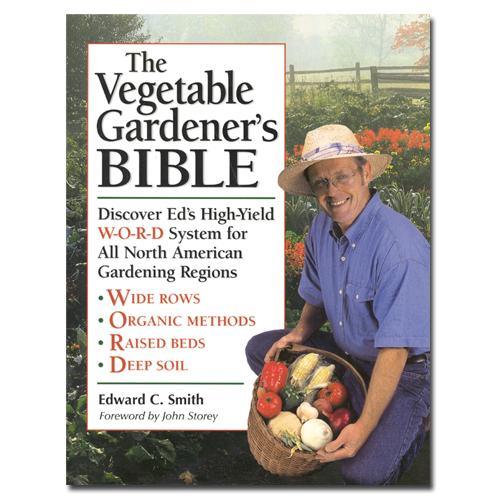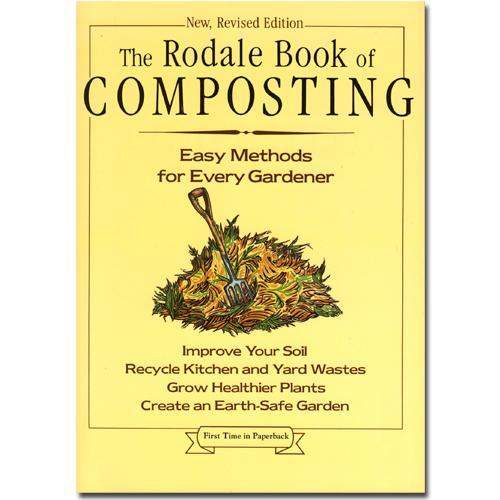At the San Francisco Flower & Garden Show, gardening enthusiasts gathered to celebrate innovative and sustainable gardening practices. Among the highlights was an award-winning display garden designed by Leslie McKenna of McKenna Landscape, which captivated visitors with its creative use of recycled materials, water-wise plants, and permeable paving. Tricia, an organic gardener, had the opportunity to chat with Kathy Brenzel, gardening editor for Sunset magazine, about the display and the valuable insights from their new Western Garden Guide.
The Beauty of Water-Wise Gardening
One standout feature of the McKenna Landscape garden was its use of water-wise plants like Arctostaphylos, which thrive with minimal water. This approach is not only practical in drought-prone areas but also contributes to a low-maintenance, visually stunning landscape. Selecting plants adapted to your climate and soil ensures they remain healthy and vibrant with less effort.
Another innovative aspect was the garden's permeable paving, which incorporated rebar circles into the design. These permeable surfaces allow rainwater to filter into the soil, nourishing plant roots and reducing runoff. This technique combines sustainability with style, demonstrating how gardens can be both functional and beautiful.
Creative Use of Recycled Materials
The garden also showcased inventive ways to use recycled materials. Walls of laminated plywood added a contemporary touch, while old windows created striking backdrops for patios and reading nooks. A simple yet elegant bar and couch made from recycled wood highlighted how sustainable materials can bring charm and functionality to outdoor spaces. With thoughtful design, elements like these make sustainable gardening affordable and accessible for everyone.
Sustainable Gardening Practices in the New Western Garden Guide
Kathy Brenzel shared insights from Sunset magazine’s updated Western Garden Guide, often called the “Bible” for gardeners. The guide emphasizes sustainable practices and offers an array of practical tips for creating environmentally friendly gardens.
Key topics include:
- Pollinator-Friendly Plants: Learn what to plant to attract bees, butterflies, and other pollinators essential for a thriving ecosystem.
- Water-Wise Gardening: Discover lists of plants and trees that conserve water and even help reduce energy costs when planted near homes.
- Edible Landscaping: Incorporate fruits, vegetables, and herbs into your garden for a productive and sustainable space.
- Composting Tips: Create nutrient-rich compost to enrich your soil while reducing kitchen and yard waste.
One of the most valuable sections in the guide focuses on pest management. It encourages gardeners to follow Integrated Pest Management (IPM) principles by starting with the least toxic solutions. For example, regular monitoring and maintaining healthy plants can prevent many pest problems from escalating.
Why Plant Selection Matters
According to Brenzel, choosing the right plants for your climate, soil, and exposure is the cornerstone of sustainable gardening. Happy plants are less prone to pests and diseases, reducing the need for chemical interventions. By giving plants good soil and proper care, gardeners can often rely on simple solutions like a hose spray to manage common pests like aphids.
The updated Western Garden Guide now includes over 9,000 plants, many of which are new varieties. Each plant group features color photos, making it easier for gardeners to visualize and select plants for their specific needs.
Affordable Sustainability
While the McKenna Landscape garden appeared sophisticated, it was also highly accessible. Brenzel emphasized how its design ideas, like dry-stack stone walls and simple canvas loops for shade, are affordable and achievable for most gardeners. By repurposing materials creatively, anyone can design a stunning, eco-friendly garden without overspending.
The garden’s design highlights included a laminated plywood wall, reclaimed windows used as artistic elements, and a cozy reading nook crafted with recycled materials. These features show how sustainability and style can coexist beautifully.
The Role of Collaboration
Leslie McKenna and her father, a father-daughter team, worked together to bring this award-winning garden to life. Their collaboration showcased the value of combining creativity and expertise to create a space that inspires and educates others.
Takeaways for Your Own Garden
The San Francisco Flower & Garden Show and the insights from Sunset magazine remind us that sustainable gardening is within everyone’s reach. Start by incorporating water-wise plants and recycled materials, and focus on eco-friendly practices like composting and IPM. Whether you’re a seasoned gardener or just starting, the principles highlighted in the McKenna Landscape display and the Western Garden Guide can help you create a thriving, sustainable garden.
Sustainability doesn’t have to mean sacrificing beauty or functionality. By making thoughtful choices and using accessible resources, you can design a garden that’s not only good for the environment but also a source of joy and inspiration.



